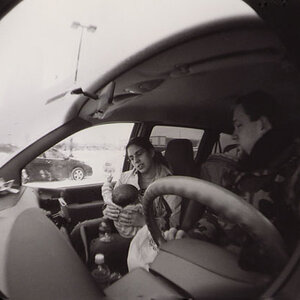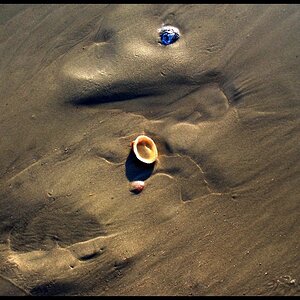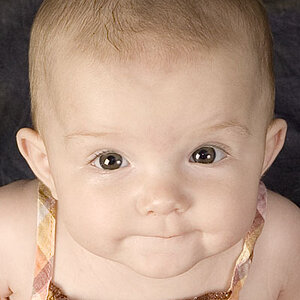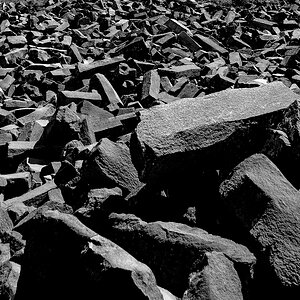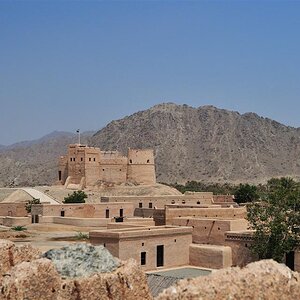jsecordphoto
Been spending a lot of time on here!
- Joined
- Oct 26, 2013
- Messages
- 1,493
- Reaction score
- 1,055
- Location
- new hampshire
- Can others edit my Photos
- Photos OK to edit
Did you zoom in with your lens or on the screen? Zooming in with the lens to check focus isn't the best thing because of focus breathing.





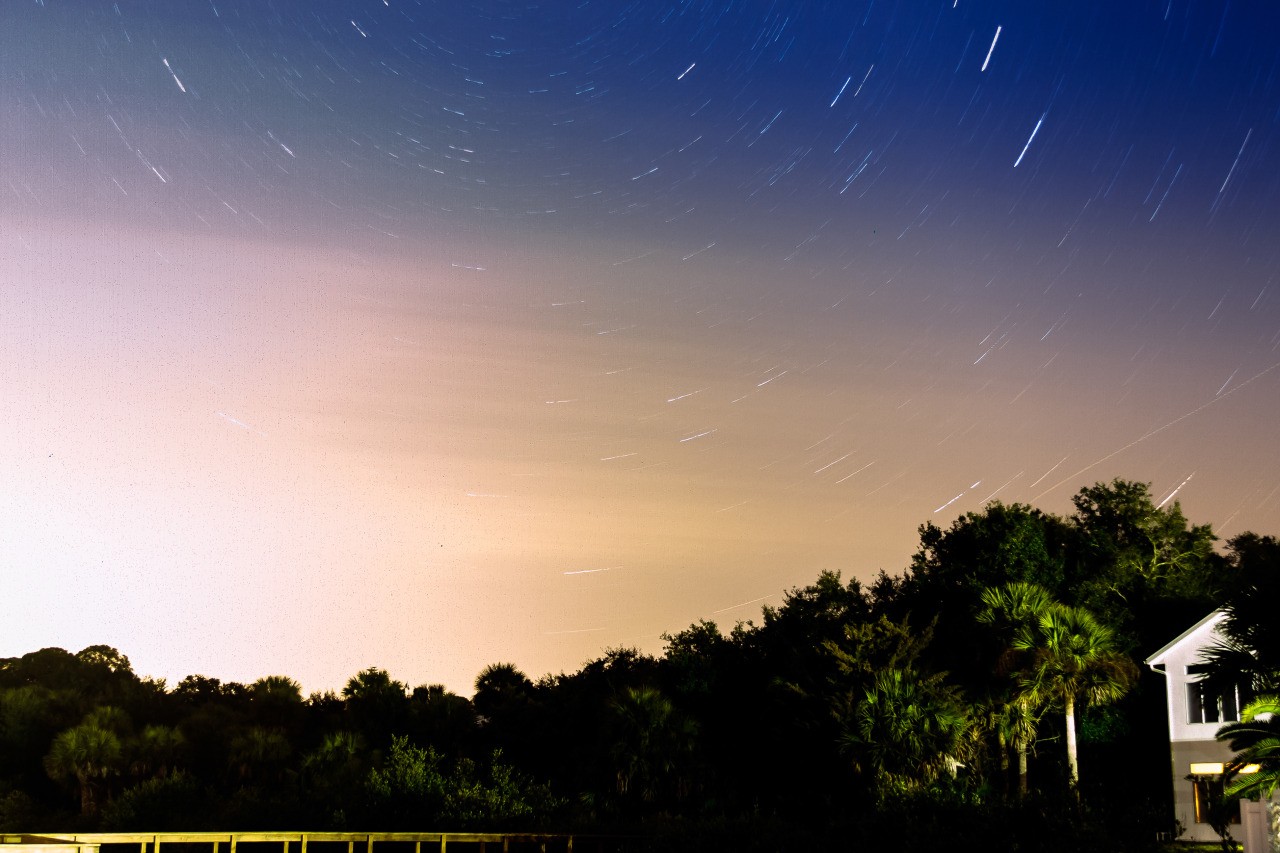

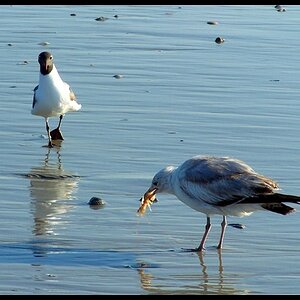
![[No title]](/data/xfmg/thumbnail/35/35265-c9ea3efd2c618a57ea136e63ad106880.jpg?1619736970)

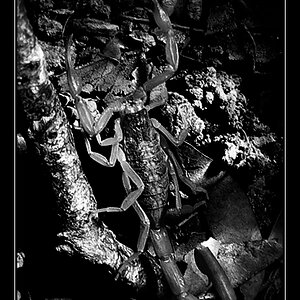
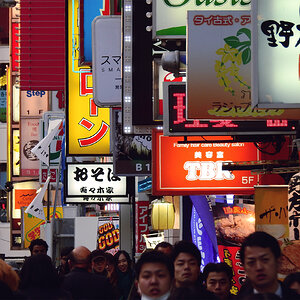
![[No title]](/data/xfmg/thumbnail/39/39470-ad2036a502fde3b73f73e2b45e674866.jpg?1619739042)
